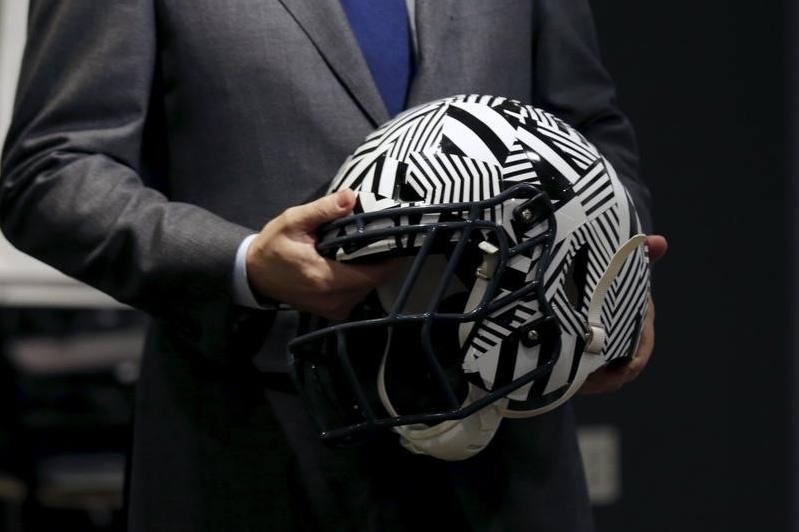
The NFL community has been known to keep mum on issues regarding the health of its stars. While football is a fun and lucrative sport, a number of athletes claim that the time spent in the gridiron can also be deadly. Throughout the years, the NFL has been hounded with concerns regarding the physical and mental health of the players who set foot in the fields. In a nutshell, some fans believe that entering the football field is akin to setting foot in the death row.
One of the most widely speculated disease linked to the NFL is Chronic Traumatic Encephalopathy (CTE). This illness, which is often observed among retired football players and boxers, occurs to people who experience repetitive brain trauma. Studies reveal that CTE is the cause of the progressive brain tissue degeneration among its victims. In the latest discussion regarding the disease, it appears that the NFL has finally acknowledged the link between CTE and the sport.
In a round-table discussion, Jeff Miller admitted to the relationship between the disease and football. When asked by Rep Jan Schakowsky on whether there is a link between the disease and the NFL, the NFL senior vice president of health and safety policy responded on the positive.
"The answer to that question is certainly yes," answered Miller to the said question raised during the discussion with the US House Committee on Energy and Commerce, according to CNN.
Miller also cited the work of Dr Ann McKee from the Boston University School of Medicine. According to the NFL exec, the neuropathologist presented ample evidence which proved the threat of CTE to the players in the gridiron. However, Miller noted that such acknowledgement will mean nothing if neither the league nor the experts do not cooperate to formulate a plan to avoid this disease.
"I think certainly, based on Dr McKee's research, there's a link, because she's found CTE in a number of retired football players," shared Miller. He continued to say via ESPN, "I think the broader point is what that necessarily means and where do we go from here with that information."
Dr McKee also shared her findings. She said, "I unequivocally think there's a link between playing football and CTE. We've seen it in 90 out of 94 NFL players whose brains we've examined, we've found it in 45 out of 55 college players and six out of 26 high school players. Now I don't think this represents how common this disease is in the living population, but the fact that over five years I've been able to accumulate this number of cases in football players, it cannot be rare. In fact, I think we are going to be surprised at how common it is."
Apart from stating that the statements of Miller "accurately reflect the view of the NFL," the league has not yet provided further details in relation to the CTE cases filed against them. However, Dr Julian Bailes noted that the admission from the NFL represents a step forward the search for a solution to this problem. Despite this development, the co-director of the NorthShore Neurological Institute in Evanston still does not seem fully convinced of the league's commitment to the cause.
"It's good, important -- a positive development," Bailes said via ESPN. He added, "It's hard to know if this is finally their admission or whether Jeff -- in the moment, in front of Congress -- told the truth, yes, and then they try to walk it back. Time will tell."
Amid the cynicism on the NFL's stand regarding the matter, some fans feel that the league will do right by its players. Taking cue from the message of Roger Goodell prior to the Super Bowl 50, supporters of the sport are positive that a solution will be found soon. Moreover, these fans believe that the NFL will be taking an active role in resolving the issue.
"We learn more from science," Goodell said in February. The NFL commissioner added, "We learn more by our own experience and we have made great progress. We continue to make rule changes to our game to make the game safer and protect our players from unnecessary injury, from acts that we see can lead to increased probability of an injury."







